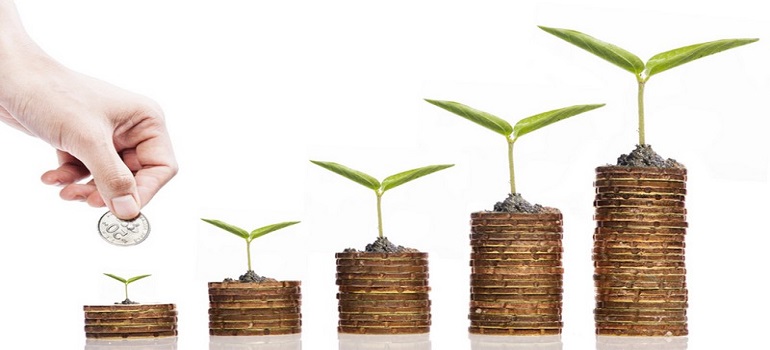European Investment Bank backs pioneering initiatives to boost urban development and combat overgrazing, contributing to climate action and economic growth in Mongolia.
In a landmark move, the European Investment Bank (EIB) has pledged €54.4 million to propel urban development initiatives across Mongolia. This substantial investment aims to tackle pressing challenges such as overgrazing and carbon emissions, while fostering sustainable grassland management and urban growth.
The funding will support the pioneering Aimag and Soum Centres Green and Resilient Regional Development Investment Programme (ASDIP), with additional backing from the European Commission, the Asian Development Bank, and the Green Climate Fund. This collaborative effort seeks to enhance climate resilience and promote low-carbon cities and local agribusinesses, safeguarding Mongolia’s fragile grasslands from degradation.
Key components of the initiative include upgrading basic infrastructure in regional cities, constructing wastewater treatment plants, facilitating affordable housing, and implementing energy efficiency measures in public buildings. Moreover, the program will bolster flood protection, promote rainwater drainage, and expand the utilization of solar power across public infrastructure.
By fostering sustainable private sector investment in agriculture and agribusiness, ASDIP aims to empower local herder groups to adopt more environmentally friendly livestock practices, mitigating overgrazing and preserving grassland ecosystems. It is anticipated that over 160,000 jobs will be created, and more than 29 million hectares of grassland will be safeguarded in the long term.
Furthermore, ASDIP is projected to yield substantial environmental benefits, with an estimated reduction of 126 million tonnes of CO2 equivalent over 40 years. Over 369,000 individuals are expected to directly benefit from the program, contributing to economic diversification and higher incomes in Mongolia’s provinces.
In parallel, the EIB has signed a Memorandum of Understanding (MoU) to support the EU-Mongolia Forest Partnership, reinforcing efforts to conserve existing forests and foster sustainable forest management practices. This collaboration aligns with Mongolia’s commitment to initiatives such as the “One Billion Trees” initiative, aimed at combatting deforestation and promoting inclusive economic development.
Teresa Czerwińska, Vice-President of the EIB, emphasized the project’s integrated approach towards enhancing urban and rural connectivity, sustainable development, and rangeland management. She underscored the significance of the forestry MoU in advancing Mongolia’s climate action agenda and economic development through responsible forest stewardship.
H.E. Axelle Nicaise, Ambassador of the European Union to Mongolia, hailed the EIB’s engagement as a testament to the EU’s commitment to fostering sustainable development in partnership with Mongolia. Against the backdrop of environmental challenges such as the dzud, Nicaise emphasized the urgency of implementing initiatives that prioritize sustainable growth and climate resilience.
Javkhlan Bold, Minister of Finance of Mongolia, lauded the alignment of the regional green development investment program with Mongolia’s long-term development goals, including rural recovery and green agriculture. He expressed confidence in the program’s ability to catalyze positive change and expand cooperation between Mongolia and its international partners.
Myagmarjav Ganbaatar, Vice-Minister of Environment and Tourism of Mongolia, highlighted the focus on afforestation, ecosystem restoration, and agricultural integration within the framework of the MoU. He underscored the importance of environmentally friendly subsidies and public-private partnerships in driving sustainable forestry practices.
The collaboration between EIB Global and Mongolian partners represents a significant stride towards fostering sustainable development, mitigating climate change impacts, and ensuring a prosperous future for Mongolia and its people.


